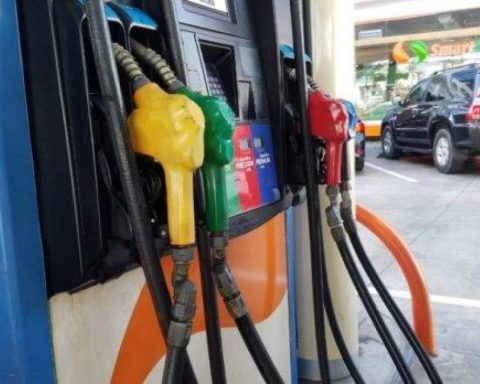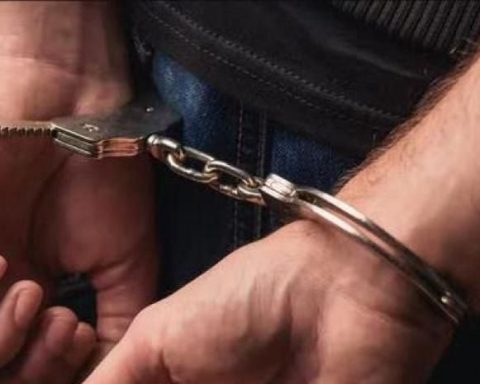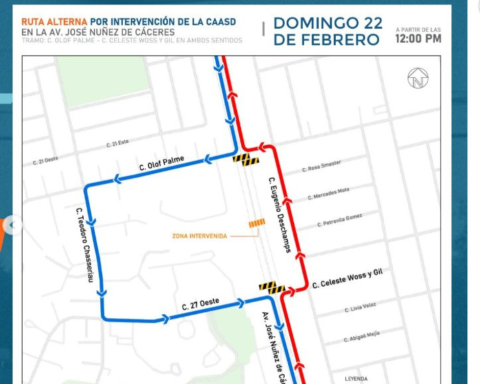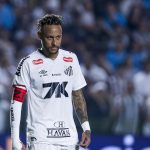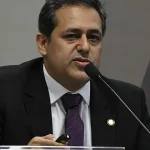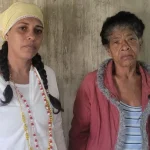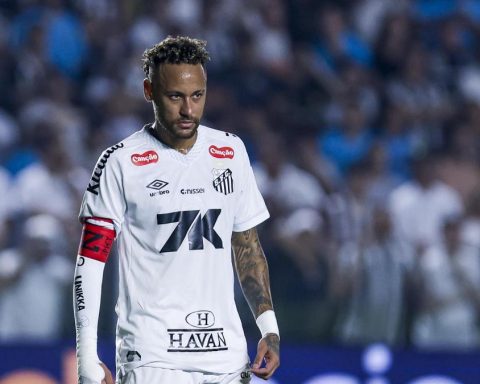A decade ago today Hugo Chavez passed away. His influence in 13 years of government changed the course of politics in Latin America and the Dominican Republic was no exception.
Since he ascended to power in February 1999, Chávez sought to establish a close relationship with the Dominican nation, which was demonstrated from the outset by inviting then-President Leonel Fernández to his inauguration.
There, in the Congress of the Republic of Venezuela, the new president seated Leonel next to Fidel Castro in the front row.
An act of symbolism about the importance that the country would have, be it ideologically, economically or politically? It is not known. But everything communicates, and the protocol, according to its rules, is the letter of introduction of what you want to show to everyone.
However, what was left of Fernández’s first term (1996-2000) would not give Chávez time to achieve much, since he was immersed in pushing a Constituent Referendum in his country to establish the bases of a new Constitution that with time would prove that, as predicted by the intellectual Oscar Yanezthey would grant him powers that no other president would have dreamed of having in that nation.
Not even Juan Vicente Gómez or Marcos Pérez Jiménez.
Cooling down with DR
After winning the 2000 elections in the Dominican Republic, the foreign policy of the government of Hipolito Mejia It was focused on the United States. Proof of this was the sending of Dominican troops towards the conflict against Iraq and Saddam Husseinas well as the inclusion of the country in the Free Trade Agreement between Central America and the United States.
For Chávez, perhaps, this type of measures would not be justifications for the relations between the Dominican Republic and Venezuela to suffer some impasse. However, a succession of events would unleash an unprecedented diplomatic crisis in times of democracy.

And it is that in July 2003, Chávez directly accused the Mejía government of allowing a plot to be hatched to assassinate him.
“We have proof that there is a conspiracy against Venezuela in the Dominican Republic; there is a nest of conspirators over there with a lot of economic, terrorist weight, and from there an assassination is being planned against this humble servant.”
Chávez during his radio and television program “Hello, President”.
Mejía would deny the accusations and, basically, would respond in a raised tone to such an accusation. “Any issue in the diplomatic order has to be channeled through diplomatic channels, that is resolved and discussed through diplomatic channels.”
Chávez used the argument that the Former Venezuelan President Carlos Andrés Pérez he resided in the Dominican Republic, and therefore, he was the one leading the plot. However, the former president would also deny the accusations.
As if that were not enough, Mejía had granted political asylum in April of that year to two dissident ex-military brothers from the Chávez regime. These were the then retired Army captains Alfredo and Ricardo Salazar Bohórquez, who had been declared in absentia in the middle of the Caracas square.

In parallel, Mejía was in the re-election campaign and in a serious financial crisis. Despite this, he would grant an interview to journalist Jorge Ramos, to whom, when asked about the alleged plot that Chávez pointed out, he would reply: “If he knows that they are going to kill him, what he has to do is not come”.
Mejía was harshly criticized for such expressions and it only undermined his popularity.
Leonel and Chávez, a spring
After defeating Mejía in the elections, Leonel Fernández would return to power in 2004 and, with his second term, relations between Venezuela and the Dominican Republic would experience a kind of honeymoon.
Chávez was already at the peak of his career. He was in a consolidated position in his country and with the support and backing of other nations where socialist leaderships had also emerged; such as Lula da Silva, in Brazil; Evo Morales, Bolivia; Rafael Correa, Ecuador; Manuel Zelaya, Honduras; Fernando Lugo, Paraguay; and the Kirchners, Argentina.
Besides, the dictator Daniel Ortega had returned to power in NicaraguaTherefore, political chess was different in the Southern Cone.

Latin America was tinged with XXI Century Socialism, and political influences between “leftists and rightists” were disputed on the continent.
On the other side of the Atlantic; from Russia, China and Iran were already watching, laughing and rubbing their hands, as situations in the region unfolded. There were paradigm shifts, including the so-called “right,” which was also positioned in Colombia, practically under Chávez’s nose.
And it is that in the midst of this political turmoil, in March 2008 the Dominican Republic was the protagonist of the Rio Summit that attracted the attention of the entire world due to its central theme: the diplomatic crisis between Venezuela, Ecuador and Colombia.
Álvaro Uribe’s Colombia accused Correa’s Ecuador of sheltering guerrillas in its territory; while the Ecuadorian president accused the Colombian president of crossing the border between the two nations to bomb towns where the terrorists were supposedly hiding.
In this role, Chávez supported his counterpart Correa, for obvious reasons; not to mention that both the Venezuelan president and Uribe were on the verge of a war due to the former’s support for the Revolutionary Armed Forces of Colombia (FARC).
Despite the seriousness of the issue in question and there, between dimes and bickering, President Leonel Fernández was able to emerge victorious by reaching an understanding (at that time) between Chávez, Correa and Uribe. That photo of the leaders greeting each other before the world would be their trophy.

Much has been said that this could only be possible thanks to the relationship between Chávez and Leonel.
The Petrocaribe agreement
In September 2005, the Dominican Republic and Venezuela signed the Petrocaribe Energy Cooperation Agreement.
The clauses detailed that the Chávez government would supply crude oil, fuels or their energy equivalents to the Dominican government. One part would be financed when the price of a barrel exceeded 40 US dollars during a payment period of 23 years, plus a 2-year grace period; establishing a total of 25 years, at an interest rate of 1%.

In exchange, Venezuela had the option of accepting payments for goods and services at preferential prices.
From 2005 to 2014, as a result of this agreement, the Dominican Republic would receive financing of US$4,344 million for imports under the Petrocaribe agreement, according to the 2014 Ministry of Finance in its reports.
“Since the bilateral agreements for the supply of oil and its derivatives, related to Petrocaribe, were signed in September 2005, the country has been receiving approximately 30,000 barrels of oil per day, about 23% of the total import of crude oil. that the Dominican Republic requires”.
Simón Lizardo, Minister of Finance at that time.
Chavez’s death
Leonel would end his government in August 2012, but would be succeeded by his then partner Danilo Medina, who would continue the same diplomatic relationship with the Venezuelan president. And it is that in October of that year, Chávez would win the elections with broad popular support.
Chávez seemed invincible. His opponents dwarfed and the United States had not been able to break it.
He was politically strong. but behind the scenes he was dying. Cancer had been his greatest adversary and not even the Cuban doctors could do anything to remedy it. He was aware of his situation and that is why, like all political hounds, he would point to his successor; the current ruler of Venezuela, Nicolás Maduro Moros.

The news of his death would arrive on a day like today and millions would mourn him. Millions of others would also be happy to think that after his death, Chavismo would disappear. It is the price paid by mass leaders, especially like Chávez, who have a universal dimension (for better or worse).
And it is that the man is dead but chavismo remains, still rules. And she looks stronger than ever, only this time she finds herself in the middle of dismal relations with the Dominican Republic.
Diplomacy between the two nations is not even the shadow of what it once was.


